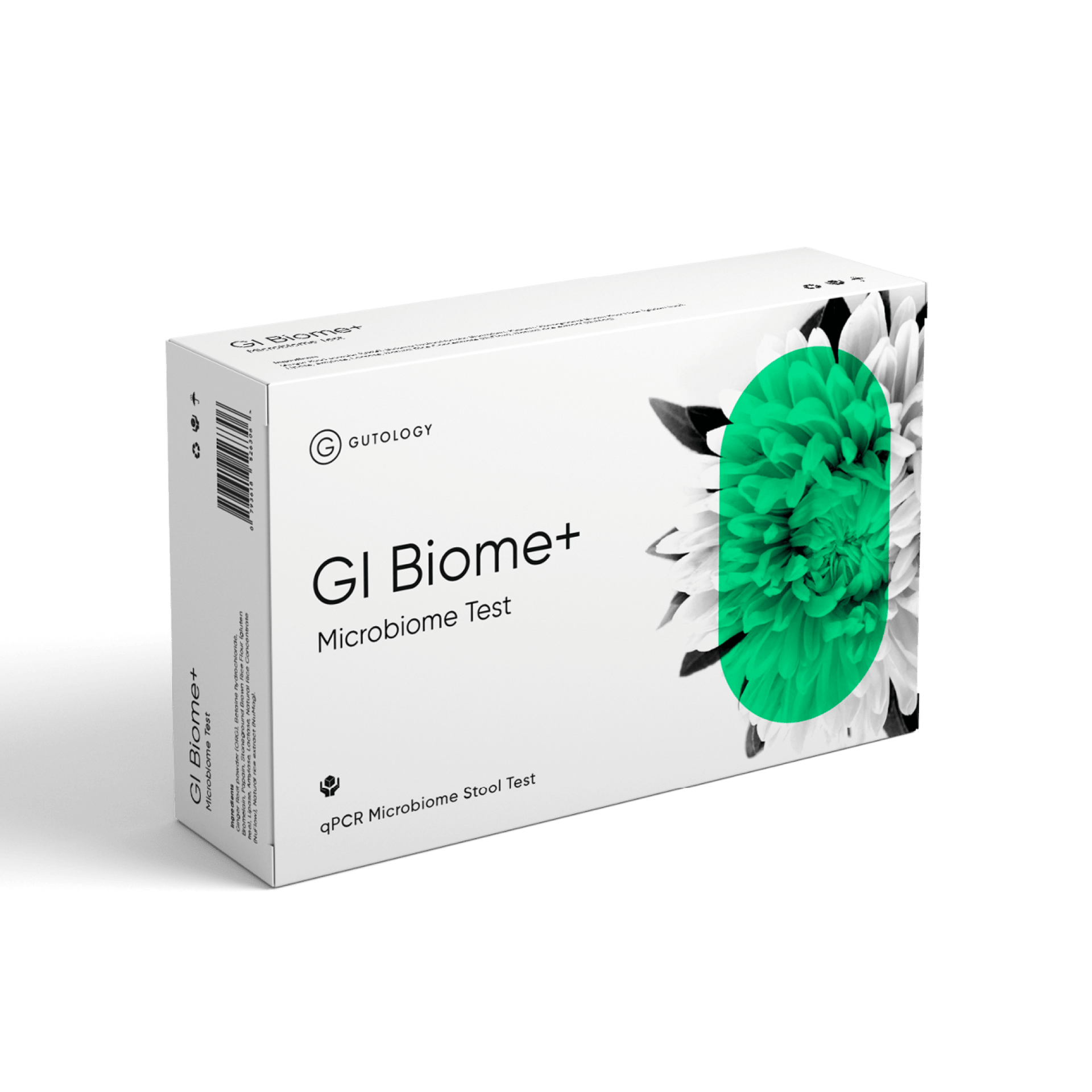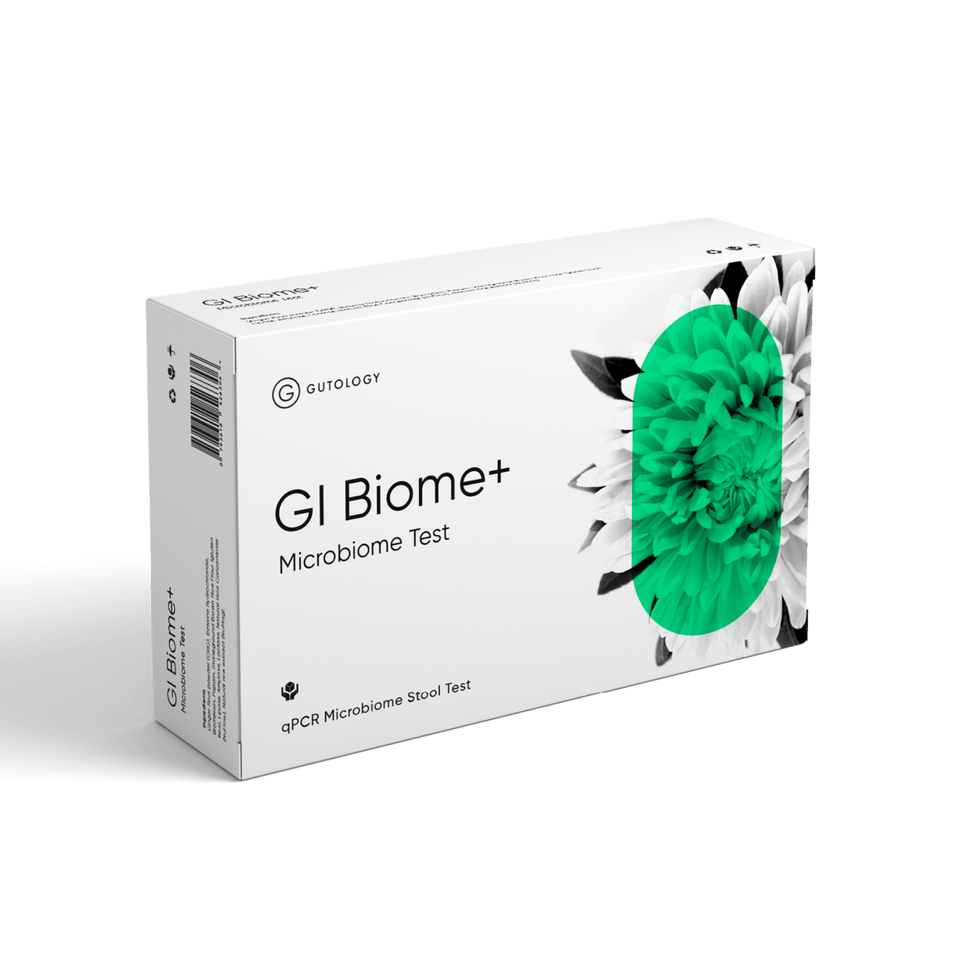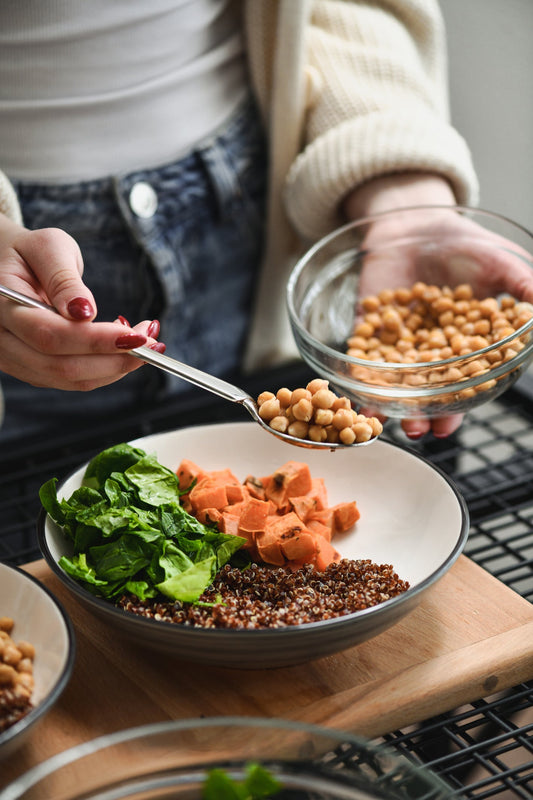The perfect IBS diet? If you’ve had gut problems going on for a long time – perhaps the doctor has told you that you have irritable bowel syndrome (IBS) – you will likely have been trying to work out whether you can control the difficult symptoms through diet. You may have come across many different suggestions as to what you should eat. Sometimes some diet changes seem to work, other times everything you eat appears to make things worse. Let’s get some clarity!
What is IBS?
Irritable bowel syndrome is a term for a collection of bowel symptoms that cannot be attributed to other causes. The typical symptoms are: pain that usually comes and goes and feels crampy and often (but not always) is relieved by going to the toilet. Change in bowel habit (constipation, diarrhoea or fluctuation between the two). Stools may become small and pellet-like perhaps with signs of mucus. Bloating (although not all doctors include bloating), often accompanied by gas. You will usually have to have experienced these symptoms at least once a week for more than 6 months to be given a diagnosis of IBS.
What causes IBS?
Because a diagnosis of IBS is based on symptoms, getting a diagnosis does not explain what the causes may be. However, we know that it can often develop after a gut infection,1,2 such as Campylobacter, and it is associated with a change in the composition of the gut bacteria (dysbiosis).3,4 As well as imbalances in gut bacteria, people with IBS may also have “leaky gut”,5-10 changes in the hormones that control how fast food moves through the intestines, how much digestive enzyme they secrete,11 and may have some kind of intolerance to certain specific foods.12
How can diet help IBS?
Changing your diet can help improve the balance of your gut bacteria, influence the hormones that control the digestive process, encourage digestive enzyme production and remove foods to which you are intolerant: all of this can dramatically help symptoms. Given that over 80% of IBS sufferers report worsening of symptoms with some foods,13,14 looking at changing how you eat is certainly worth considering. Unfortunately, the scientific studies are not able to agree on what that diet should be.13 This is likely because the specific factors affecting an individual will vary from person to person. This does not mean that it is not possible to find the perfect diet for YOU. You just need to know how to go about it! Get practical tips on how to formulate the perfect IBS diet for you, in Part 2.
Try Digestive Enzymes
Digestive enzymes help you breakdown your food, reduce bloating and extract the key nutrients from your food. Get 10% off Digest Complex & Digest Bitters by using code BLOG at checkout.








